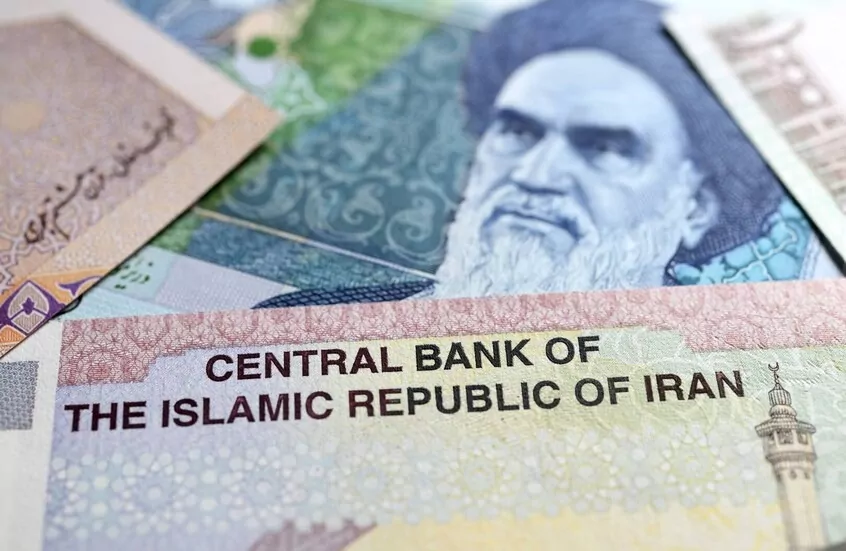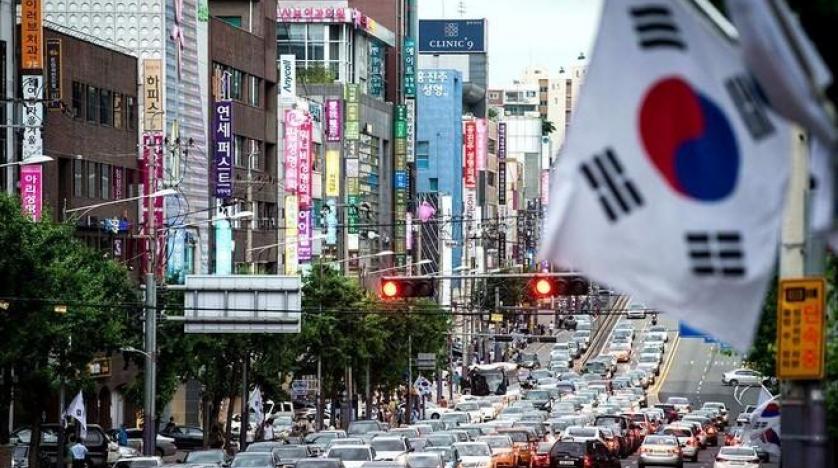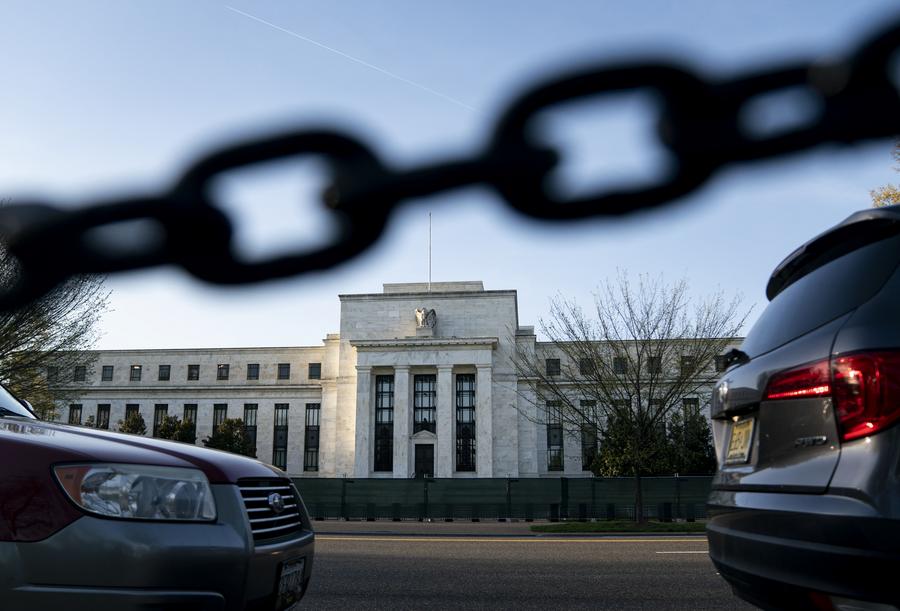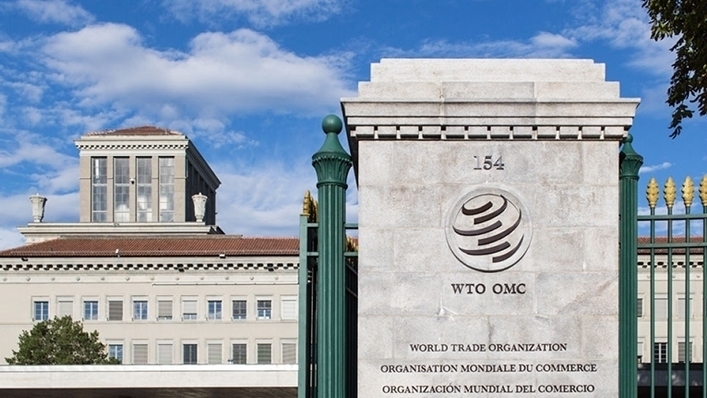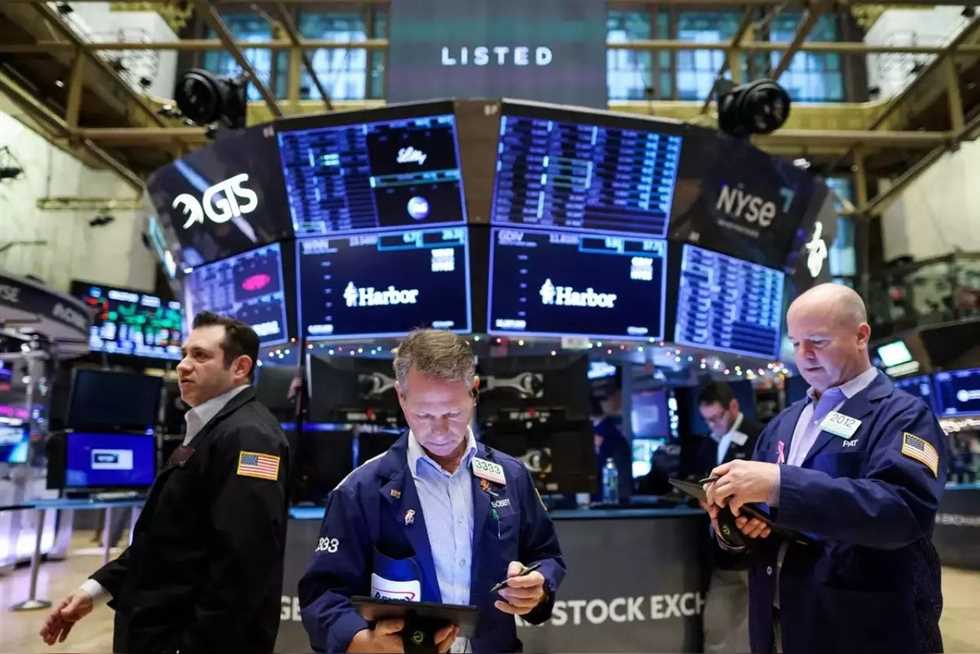Alsharq Tribune-AFP
South Korea's consumer price inflation rose above 2 percent due to higher prices for food and oil products, statistical office data showed Wednesday.
Consumer price index (CPI) gained 2.2 percent in June from a year earlier, after going up 1.9 percent in the previous month, according to Statistics Korea.
The headline inflation climbed above the Bank of Korea (BOK)'s mid-term inflation target of 2 percent, marking the highest in five months.
Price for agricultural, livestock and fishery products advanced 1.5 percent last month, faster than an increase of 0.1 percent in the previous month.
Agricultural products price decreased 1.8 percent, but those for livestock and fishery products mounted 4.3 percent and 7.4 percent each.
Prices for mackerel, garlic and glutinous rice surged in double digits, with those for pork, beef, egg and rice swelling in single figures.
Prices for apple, pear, carrot and green onion recorded a double-digit reduction, with those for sweet potato, tomato and oriental melon slipping in single digits.
Price for industrial products, including oil products, added 1.8 percent in June on a yearly basis, faster than the growth of 1.4 percent in the prior month.
Oil products price was up 0.3 percent in June after retreating 2.3 percent in May, while processed food price spiked 4.6 percent last month, marking the highest in 19 months since November 2023.
Gasoline price slid 1.2 percent, but liquified petroleum gas (LPG) price soared 10.6 percent.
Prices for ham, bacon and bread rose in single digits, with those for coffee and tea picking up in double figures.
Prices for electricity, natural gas and tap water climbed 3.1 percent, pulling up the overall inflation by 0.12 percentage points.
City gas charges, heating costs and waterworks fees went up in single digits, but the electricity bill was down 0.4 percent.
Private service price, including eating-out cost, swelled 3.3 percent last month, lifting the inflation by 1.13 percentage points. Public service price added 1.2 percent.
The eating-out expense grew 3.1 percent, while the private service price, excluding the dining-out cost, mounted 3.5 percent.
Housing rent, including Jeonse and monthly rent, inched up 0.8 percent in June from a year earlier.
Jeonse is South Korea's unique contract between two households where a landlord grants the two-year residential right to a tenant, who in turn lends a certain amount of money, or deposit, to the landlord.
The livelihood items index, which gauges price for daily necessities, rose 2.5 percent in June on a yearly basis, but the fresh food index, which measures price for fish, shellfish, fruit and vegetables, dipped 1.7 percent.
Demand-side inflationary pressure remained strong. Core consumer price index, which excludes volatile agricultural and oil products, appreciated 2.4 percent in June, faster than an expansion of 2.3 percent in the previous month.
The OECD-method core price, excluding volatile energy and food costs, gained 2.0 percent in the cited month.
Overall inflationary pressure remained amid recent policy rate cuts. The consumer price inflation showed an upward tendency after bottoming at 1.3 percent in October last year.
The BOK cut its benchmark interest rate by 25 basis points in February and May each to 2.50 percent after lowering it by the same basis points in October and November last year.








.png?locale=en)

.jpeg?locale=en)
.jpeg?locale=en)
.jpeg?locale=en)
